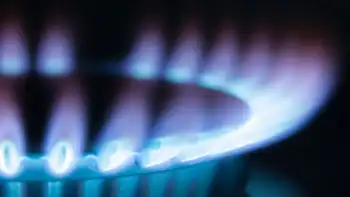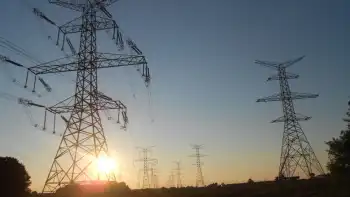NL Consumer Advocate says 18% electricity rate hike 'unacceptable'

Protective Relay Training - Basic
Our customized live online or in‑person group training can be delivered to your staff at your location.

- Live Online
- 12 hours Instructor-led
- Group Training Available
Newfoundland and Labrador electricity rate hike examines a proposed 18.6% increase under the PUB's Rate Stabilization Plan, driven by oil prices at Holyrood, with Consumer Advocate concerns over rate shock and use of RSP balances.
Key Points
A proposed 18.6% July 2017 increase under the RSP, driven by oil prices, now under PUB review for potential mitigation.
✅ PUB flags potential rate shock from proposed adjustment
✅ RSP balances cited to offset increases without depleting fund
✅ Oil-fired Holyrood volatility drives fuel cost uncertainty
How much of a rate hike is reasonable for users of electricity in Newfoundland and Labrador?
That's a question before the Public Utilities Board (PUB) as it examines an application by Newfoundland and Labrador Hydro, which could see consumers pay up to 18.6 per cent more as of July 1, reflecting regional pressures seen in Nova Scotia, where regulators approved a 14% rate hike earlier this year.
"The estimated rate increase for July 2017 is such a significant increase that it may be argued that it would cause rate shock," said the PUB, asking the company to revise its application.
NL Hydro said the price adjustment is part of what happens every year through the Rate Stabilization Plan (RSP), which is used to offset the ups and downs of oil prices.
"The cost of fuel is volatile and as long as we rely on oil-fired generation at Holyrood, customers will continue to be impacted by this electricity price uncertainty," said the company in a statement to CBC News.
It noted that customers received a break from RSP adjustments in 2015 and 2016, even as costs from the Muskrat Falls project begin to be reflected.
The PUB noted that under the rate stabilization plan, prices have gone up or down by about 10 per cent in the past.
The regulatory board said the impact of the latest request would be a 27.6 per cent hike to Newfoundland Power, with "an estimated average end customer impact of 18.6 per cent."
Hydro's estimates are based on an average price for oil of $81.40 per barrel from July 2017 to June 2018, according to the PUB.
'Unacceptable' burden: Consumer Advocate
"To burden ratepayers with an 18 per cent rate increase is unacceptable," said Consumer Advocate Dennis Browne, echoing pushback in Nova Scotia, where the premier urged regulators to reject a 14% hike at the time.
Browne is arguing that there is money in the RSP to reduce the proposed increase, including the possibility of a lump-sum bill credit for customers.
"These ratepayer balances — which, according to NL Power, totals $77.4 million — are not the property of Hydro," he wrote in a letter to the PUB.
"No utility has the right to squirrel away ratepayers' money to be used by that utility for some future purpose. The Board has jurisdiction over those balances," Browne said.
Browne also wants the RSP overhauled so that it can be applied to price fluctuations every quarter, as opposed to annually.
Hydro has expressed concern that depleting the rate stabilization fund would lead to other, more significant, rate increases in the future.
It said several alternatives to mitigate high rates have been provided to the PUB, which has final say, similar to how Manitoba Hydro scaled back a planned increase in the next year.











